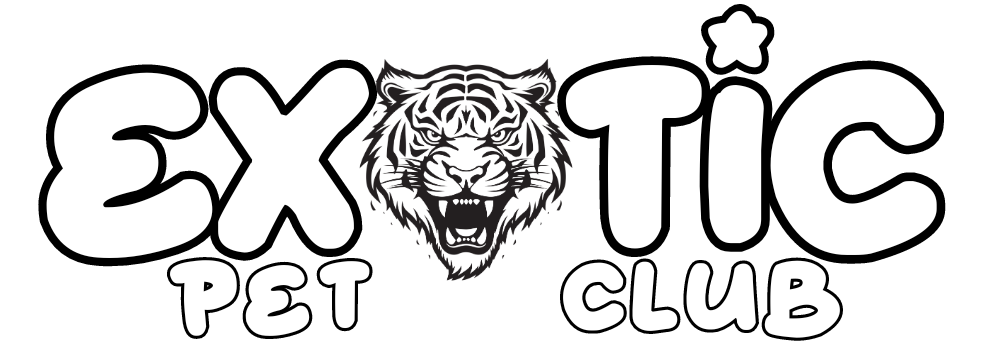Greetings, all you proud French Bulldog owners out there! It can be a bit of a challenge to determine how much food to feed your French Bulldogs to keep them healthy and happy. This informative blog post will help guide you on the proper feeding amount for your beloved pets. Overfeeding can lead to obesity and other health issues, while underfeeding can result in malnourishment. Let’s dive into the important details of French Bulldog nutrition to ensure your furry friends thrive.
Key Takeaways:
- Understanding breed-specific needs: French Bulldogs have unique dietary requirements due to their brachycephalic (flat-faced) build and tendency towards obesity.
- Portioned feeding: It is important to feed French Bulldogs smaller, frequent meals to prevent overeating and digestive issues.
- Consulting a veterinarian: Always consult with a veterinarian to determine the appropriate amount of food for your specific French Bulldog’s age, weight, and activity level.
informative, and caring towards the health and well-being of French Bulldogs.
Daily Feeding Guidelines
One of the most common questions that French Bulldog owners have is how much they should feed their furry friends. It’s important to follow daily feeding guidelines to ensure that your pup gets the right nutrition for their age and size.
Puppy Portions
Portions for French Bulldog puppies can vary depending on their age and weight. As a general guideline, puppies aged 8 to 12 weeks old should be fed three to four meals a day, while puppies aged 12 weeks to 6 months can be fed three meals a day. It’s important to monitor their weight and adjust portions accordingly to ensure they are growing at a healthy rate.
Adult Appetites
Puppy French Bulldogs typically transition to adult food around 12 months of age. It’s important to continue monitoring their weight and adjust portions as they reach adulthood. Adult French Bulldogs should be fed two meals a day, and their portion sizes can be adjusted based on their activity level and weight.
A healthy adult French Bulldog should maintain a stable weight, be energetic, and have a shiny coat. It’s important to monitor their food intake and make adjustments if they are gaining or losing weight to avoid any health issues in the future.
Nutritional Essentials
The key to keeping your French Bulldogs healthy and happy lies in their diet. By providing them with the proper nutrition, you can ensure that they live a long and fulfilling life. Let’s take a closer look at the nutritional essentials for French Bulldogs.
Macronutrient Mix
Any healthy diet for French Bulldogs should consist of a balanced mix of macronutrients, including proteins, carbohydrates, and fats. Proteins are essential for building and repairing tissues, while carbohydrates provide energy. Fats, in moderation, are also important for overall health and the absorption of certain vitamins.
Vitamins and Minerals Matter
Any well-rounded diet for French Bulldogs should include the necessary vitamins and minerals. These nutrients are crucial for various bodily functions, including maintaining a healthy immune system, promoting bone and muscle growth, and supporting overall health. Be sure to provide your French Bulldogs with a variety of nutrient-rich foods to ensure they get all the vitamins and minerals they need.
Plus, adequate intake of vitamins and minerals is crucial for preventing common health issues in French Bulldogs such as skin problems, digestive issues, and joint problems.
Feeding Schedules and Tips
Keep French Bulldogs on a consistent feeding schedule to maintain their health and well-being. This helps to prevent overeating and obesity, which are common concerns for this breed. Additionally, be mindful of portion control and incorporate healthy eating habits into your French Bulldog’s routine.
- Provide meals at the same time each day
- Measure out appropriate portions
- Monitor their overall intake
Recognizing the importance of a consistent schedule and portion control will contribute to the health and happiness of your French Bulldog.
Timely Meals and Portion Control
Control the timing of your French Bulldog’s meals to establish a regular routine. This will help to prevent overeating and promote digestive health. Additionally, carefully measure out their portions to ensure they are receiving the appropriate amount of nutrition for their size and activity level.
Treats and Training Snacks
Training your French Bulldogs with treats can be an effective way to reinforce positive behavior. To ensure they maintain a healthy weight, opt for low-calorie snacks and incorporate them into their daily feeding routine.
To avoid overindulgence, limit the number of treats given and choose natural and nutritious options for their training rewards.
Special Considerations
Not all French Bulldogs are the same, and there are a few special considerations to keep in mind when it comes to their diet and exercise.
Food Sensitivities and Allergies
With their sensitive stomachs, French Bulldogs can be prone to food sensitivities and allergies. It’s important to monitor their reactions to different types of food and to consult with a veterinarian if any issues arise. Common allergens for French Bulldogs include beef, chicken, dairy, and grains. Look for hypoallergenic options and consider a limited ingredient diet if your Frenchie experiences any dietary issues.
Weight Management and Exercise
With their tendency to gain weight easily, French Bulldogs require proper portion control and regular exercise to maintain a healthy weight. It’s important to schedule daily walks and playtime to keep your Frenchie active and prevent obesity. Also, be mindful of treats and avoid overfeeding to prevent weight-related health issues such as joint problems and breathing difficulties.
To ensure your French Bulldog stays healthy and happy, it’s crucial to monitor their weight and adjust their diet and exercise accordingly. Regular vet check-ups can help you stay on top of their weight management and make any necessary adjustments to their diet and exercise routine.
Conclusion
Now that you have a better understanding of how much food your French Bulldog should eat, you can ensure that they are receiving the proper nutrition for their size and activity level. It’s important to monitor their weight and adjust their portions as needed to prevent overfeeding or underfeeding. Additionally, consulting with a veterinarian can provide tailored recommendations for your specific dog. By taking a proactive approach to their diet, you can help your French Bulldog live a healthy and happy life.
FAQ
Q: How much should a French Bulldog eat?
A: The amount of food a French Bulldog should eat varies depending on factors such as age, weight, and activity level. It’s best to consult with your vet to determine the right portion size for your specific dog.
Q: What type of food is best for a French Bulldog?
A: French Bulldogs benefit from a high-quality, balanced diet containing lean protein, healthy fats, and carbohydrates. Look for dog food formulated for small breeds to ensure they get the nutrients they need.
Q: How often should I feed my French Bulldog?
A: Adult French Bulldogs usually do well with two meals a day, but puppies may benefit from three to four small meals to support their growth and energy needs. Consistency is key, so try to feed your dog at the same times each day.
Q: Are there any foods that French Bulldogs should avoid?
A: Yes, certain foods like grapes, chocolate, onions, garlic, and avocado can be toxic to dogs, including French Bulldogs. It’s best to avoid feeding them these foods and to stick to a diet specifically designed for canine nutrition.
Q: What signs should I look for to know if my French Bulldog is eating the right amount?
A: You should monitor your dog’s weight and body condition to ensure they’re not under or overweight. Your vet can advise you on the ideal body shape for a French Bulldog and whether any adjustments need to be made to their diet.
















